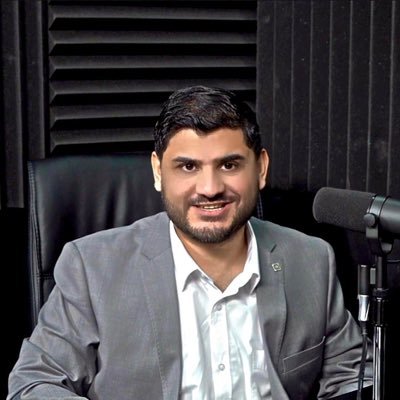OCT 7 - THE TRUTH REVISITED
The Spaces discussed the October 7 attack by Hamas and its aftermath. Speakers argued that the Israeli response was disproportionate and termed it a genocide, while highlighting that Hamas’ actions on October 7 were military targets against Israeli forces, not civilians. The conversation covered the larger narrative of propaganda against Palestinians and discussed how global politics influence these narratives. They emphasized the need for understanding the differing viewpoints within the Palestinian community, highlighting their ability to protest and express varying opinions, contrary to the blanket assumptions made about Palestinians being monolithic supporters of Hamas.
Summary of Discussion on October 7th Events and Subsequent Narratives
Context and Background
- The conversation initiates with a discussion on the importance of examining the events of October 7th and the narratives surrounding it, particularly in the context of what some participants describe as "Zionist propaganda."
- The space highlights the need to dissect the portrayal of the events to challenge claims made about the actions of Hamas and the Israeli military during this period.
Claims and Counterclaims
- Zionist Propaganda: There is a strong assertion that the narrative surrounding the events on October 7th, particularly the claims of atrocities such as killed babies and mass crimes, were fabricated to justify military actions against Palestinians.
- Narrative Control: Participants discuss the idea that these narratives were used to manipulate global perception and create justification for Israel's military actions, branding it as a response to terror.
Hamas and Resistance
- Intentions and Actions of Hamas: The discussion reflects on the stated intentions of Hamas, which were argued to focus on military targets and not on civilian harm. Claims of atrocities committed by Hamas were consistently challenged, highlighting lack of evidence as found in independent investigations.
- Military Objectives: It was emphasized that October 7th was framed by speakers as an operation aimed at trading military captives for Palestinians imprisoned by Israel, rather than an attack on civilians.
Internal Palestinian Dynamics
- Diversity of Opinion: There was a notable discussion about the diversity of opinions among Palestinians regarding resistance and governance, suggesting Palestinians are not a monolith. This includes varied support for Hamas and differing views on the effectiveness of armed resistance.
- Political Complexity: The complexity of Palestinian internal politics was acknowledged, with references to different factions and historical tensions between groups like Hamas, Fatah, and others.
Information Control and Media
- Importance of Media Space: There was significant mention of social media's role in controlling narratives and the impact of platforms like Twitter in disseminating alternate perspectives on October 7th events.
- Censorship and Shadow Banning: Concerns were raised about suppression of Palestinian narratives on social media platforms, highlighting efforts to counteract this by encouraging sharing and amplification of alternate stories.
Broader Geopolitical Implications
- International Reactions: Participants examined how international perceptions, particularly in the West, have been influenced by these narratives, with notable shifts in public opinion against Israeli policies, especially among younger demographics in the US.
- Historical Parallels: References to historical conflicts and resistance strategies were used to contextualize current events. Comparisons to other national resistance movements were drawn to legitimize Palestinian actions.
Key Perspectives and Voices
- Pro-Resistance Stance: Many speakers voiced full support for the actions of Palestinian resistance, emphasizing the right to self-defense and liberation from occupation.
- Criticism of Hamas: Some participants discussed concerns regarding Hamas's governance, legitimacy, and its portrayal in international media.
- Dialog on Unity and Division: The dialogue often returned to the need for strategic unity among Palestinians while recognizing existing political and ideological differences.
Conclusion
The session was characterized by a strong defense of Palestinian resistance actions on October 7th against Israeli military narratives, with an emphasis on challenging mainstream media accounts to reveal perceived truths. Participants promoted a narrative of empowerment through media counter-strategies, international solidarity, and a conjectured pathway to Palestinian self-determination.
